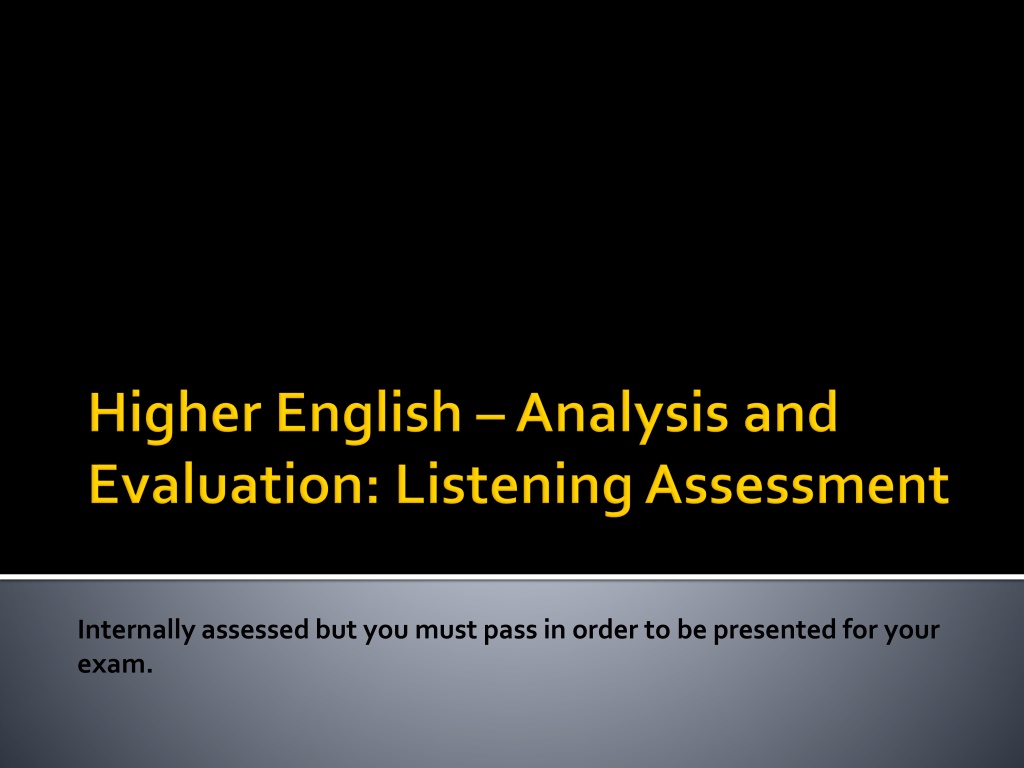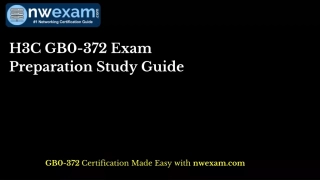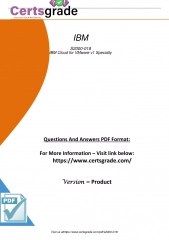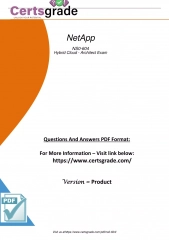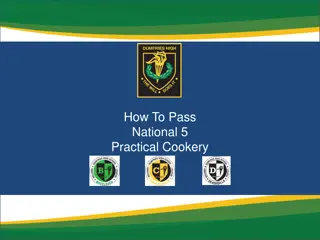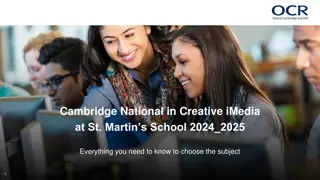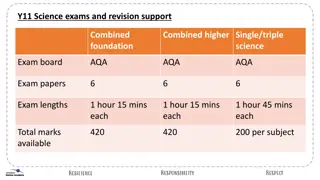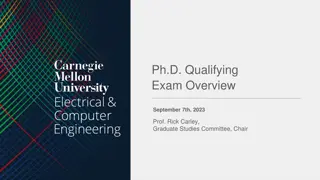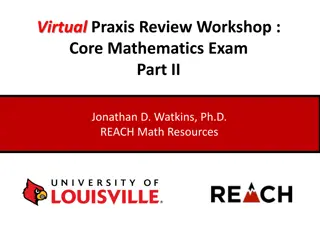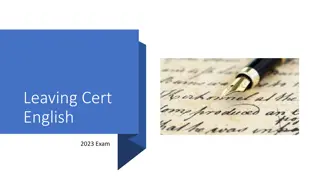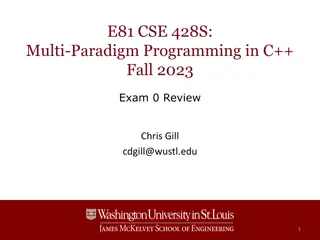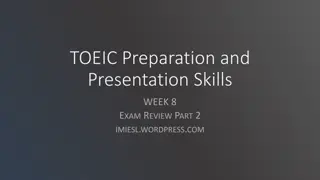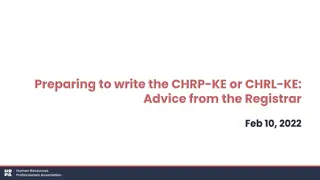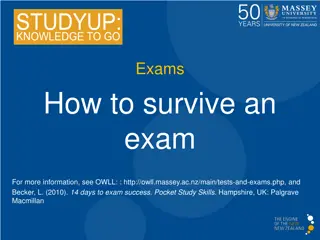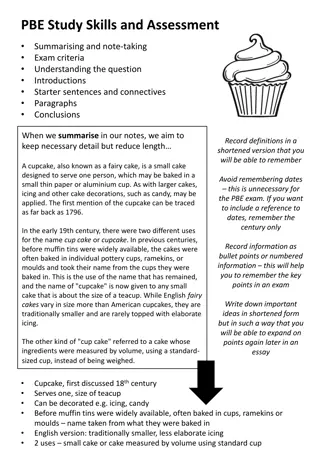Mastering Internally Assessed Skills for Exam Success
Learn how to approach internally assessed tasks by listening to short extracts, answering questions, and analyzing text effectively. Key areas include understanding, analysis, and evaluation, with a focus on identifying purpose, audience, main ideas, and language features. Practice summarizing, identifying language elements, and relating content to intended audiences for better performance in exams.
Download Presentation

Please find below an Image/Link to download the presentation.
The content on the website is provided AS IS for your information and personal use only. It may not be sold, licensed, or shared on other websites without obtaining consent from the author. Download presentation by click this link. If you encounter any issues during the download, it is possible that the publisher has removed the file from their server.
E N D
Presentation Transcript
Internally assessed but you must pass in order to be presented for your exam.
You will listen to/watch a short extract. You will then answer questions on it. The clip can be played as many times as requested. You can make notes as you listen. Pass/fail. We are going to look at how to approach this assessment today and then have some practice.
Three key areas assessed: Understanding what is being said? Analysis how is it being said? Evaluation how well does it work? These are similar skills you use in Close Reading. The only difference is that you are engaging with the text in a different way.
You need to be able to identify: The purpose The intended audience The main ideas of the text The supporting details
Here are some common purposes: To inform To persuade To convince To entertain To provoke To instruct To recount To describe To advise To warn To advertise To explain To express emotion Your job is to relate the purpose to the text. It will not be enough at Higher to simply state that the purpose was to inform or to persuade. Inform of what? Persuade of what?
If asked about audience, always ask yourself: Age Gender Interests Opinions Education You must be able to support your answer with reference to the text e.g. I think the intended audience would be people interested in politics and issues that affect society. The text refers to policies and has lots of statistics relating to unemployment.
You are being asked to summarise what the main ideas were
You will also need to be able to identify language features and comment on their effectiveness.
You will need to be able to recognise these features. 1) Register: Speakers will vary their language depending on context/audience. e.g. Someone delivering a speech will most likely use formal language free from contractions or colloquial words. Pay attention to whether or not someone is using formal or informal language, speaking with a broad accent or in a dialect think about why they have chosen to speak this way.
2) Tone the emotion behind a speakers words. HOW are they saying it? Tone is much easier to identify through speech than writing. Word choice and tone can reveal whether a speaker is happy, being sarcastic or sad.
3) Pace quickly or slowly? Does the speaker slow down at a particular place? WHY? Do they pause at a particular place? WHY? Often, speakers will pause for effect give the audience a moment to reflect on what they ve just said what do they want the audience to reflect on? Sometimes speakers will say certain things slowly, deliberately, for emphasis what are they trying to emphasise?
4) Word choice just as in Close Reading speakers use certain words. Ask yourself why. Are they trying to have an emotional appeal, are they trying to provoke, to persuade?
4) Persuasive devices different techniques used to achieve a desired effect Rhetorical Questions: asking the audience involves them Repetition: emphasises a point, makes it stick Power of three: repeating a key idea three times. Emotive images Exaggeration Use of personal pronounssuch as us , we and our Forceful statements I urge I demand I need
You will be given background information about the extract for assessment. Think about: Who is speaking? If you know who is speaking, what do you already know about them? Identify the topic what sort of ideas would you expect to hear? Do you know anything already about the topic? What would you like to find out? Do you have any questions you would like answered?
Think about: Are the participants saying what you expected? Is there anything you don t understand? Did I notice anything about the way they were delivering their speech? Pace, rhetoric?
What were the main points? Can you summarise the main points? Did you stay interested as you were listening? Why were you interested or not interested? What did you notice about the speaker? Can you tell someone else about what you heard and discuss it with them? What did they think?
Jimmy Reid was a famous Trade Unionist and was elected rector of Glasgow University in 1971. He was seen as a hero of the working class. Speaking out against injustice and encouraging social responsibility. It was his acceptance speech delivered to students. It was a time of great political, societal and economical change. It has become a world-famous speech, The New York Times called it "the greatest speech since President Lincoln s Gettysburg address". His speeches earned him a reputation as a fiercely passionate man who was a great orator able to motivate and provoke through his delivery and use of language. http://news.stv.tv/west-central/193644-jimmy-reids-speech-to-glasgow-university/
Comment on his opening statement in this extract (00.26-29secs). Identify one persuasive device relating to word choice between 30-38 secs and comment on its effect. Comment on his delivery of insult and Reject at 34 secs and 39 secs. What is the intended effect? In your own words, what does Reid warn the students against? 39 secs to 1.01 mins. Explain image does Reid set up and return to throughout this extract? b) What is the intended effect on the audience? Listen carefully at 1.16 mins comment fully on Reid s tone and pace. In your own words, what does Reid tell the students the cost is? Why does he quote from the Bible at the end of this section? Comment on and explain the effect of Reid s register throughout the extract. Why is it important? Think of the setting of the speech and Reid s background. What is his main point in this extract? What is the purpose of this extract? Do you think the speech achieves it purpose? Explain your answer fully. Reference features of spoken language in your answer. 1. 2. 3. 4. 5. 6. 7. 8. 9. 10. 11. 12.
Were human beings and people insult us when they talk about our participation in a rat race. Reject the insidious pressures in society that would blunt your critical faculties to all that is happening around you, that would caution silence in the face of injustice lest you jeopardise your chances of promotion and self- advancement. This is how it starts, and before you know where you are, you're a fully paid-up member of the rat-pack. The price is too high. It entails the loss of your dignity and human spirit. Or as Christ put it, "What doth it profit a man if he gain the whole world and suffer the loss of his soul?"
This was delivered at her funeral in 1997. It was widely analysed in the media for its criticisms of the Royal Family and the media. It was televised world wide. http://www.bbc.co.uk/education/clips/z8whyrd
What picture does Earl Spencer build of Diana 0-1.10min? b) How does he do this? Refer to word choice, tone and content. How does Earl Spencer feel towards the media? b) Identify two words or phrases which convey this to the audience. Explain your choices fully. Identify the link he makes at 1.18 In your own words, what reason does he give for Diana s ill-treatment at the hands of the press? It is baffling. Comment on the technique used here and the tone it is delivered in. Explain fully the reason he includes a reference to the Greek Goddess, Diana. Comment on Earl Spencer s use of pronouns at the beginning of the Eulogy and at the end. What are the main ideas of this short extract? What is the purpose of this extract? Does it fulfil the expected function of a eulogy? 1. 1. 2. 3. 4. 5. 6. 7. 8.
The last time I saw Diana was on July 1, her birthday in London, when typically she was not taking time to celebrate her special day with friends but was guest of honour at a special charity fundraising evening. She sparkled of course, but I would rather cherish the days I spent with her in March when she came to visit me and my children in our home in South Africa. I am proud of the fact apart from when she was on public display meeting President Mandela we managed to contrive to stop the ever present paparazzi from getting a single picture of her - that meant a lot to her. These were days I will always treasure. It was as if we had been transported back to our childhood when we spent such an enormous amount of time together - the two youngest in the family. Fundamentally she had not changed at all from the big sister who mothered me as a baby, fought with me at school and endured those long train journeys between our parents' homes with me at weekends. It is a tribute to her level headedness and strength that despite the most bizarre-like life imaginable after her childhood, she remained intact, true to herself. There is no doubt that she was looking for a new direction in her life at this time. She talked endlessly of getting away from England, mainly because of the treatment that she received at the hands of the newspapers. I don't think she ever understood why her genuinely good intentions were sneered at by the media, why there appeared to be a permanent quest on their behalf to bring her down. It is baffling. My own and only explanation is that genuine goodness is threatening to those at the opposite end of the moral spectrum. It is a point to remember that of all the ironies about Diana, perhaps the greatest was this - a girl given the name of the ancient goddess of hunting was, in the end, the most hunted person of the modern age. [...] "I would like to end by thanking God for the small mercies he has shown us at this dreadful time. For taking Diana at her most beautiful and radiant and when she had joy in her private life. Above all we give thanks for the life of a woman I am so proud to be able to call my sister, the unique, the complex, the extraordinary and irreplaceable Diana whose beauty, both internal and external, will never be extinguished from our minds.
World famous actress for her Harry Potter role Appointed UN Ambassador for Women Well-known for being articulate and outspoken about various societal issues. https://celebrity.yahoo.com/blogs/celeb-news/emma- watson-delivers-stirring-speech-at-u-n- 204442194.html
Explain the two distinct sections of this extract. Explain what the HeForShe initiative is. Comment on the effect of I am reaching out to you. What personal pronoun does Watson continually use. b) Why? Comment on Watson s use of word choice at 0.40secs. Look at her delivery of the word man-hating at 1.10min. Comment on her tone, facial expression and pace. Comment fully on Watson s delivery of This has to stop. In your own words, why did Watson start to question gender- based assumptions? What persuasive technique does Watson use between 1.58-2.09 10. What are the main ideas in this extract? 11. Who would be the intended audience for this text? Justify your answer with reference to the text. 12. What is the purpose of the text? 1. 2. 3. 4. 5. 6. 7. 8. 9.
Today we are launching a campaign called HeForShe. I am reaching out to you because we need your help.We want to end gender inequality and to do that we need everyone to be involved. This is the first campaign of its kind at the UN: we want to try and galvanize as many men and boys as possible to be advocates for change. And we don t just want to talk about it, we want to try and make sure it is tangible. I was appointed as Goodwill Ambassador for U.N. Women six months ago and the more I have spoken about feminism the more I have realized that fighting for women s rights has too often become synonymous with man-hating. If there is one thing I know for certain, it is that this has to stop. For the record, feminism by definition is: The belief that men and women should have equal rights and opportunities. It is the theory of the political, economic and social equality of the sexes. I started questioning gender-based assumptions a long time, when I eight I was confused at being called bossy, because I wanted to direct the plays we would put on for our parents but the boys were not. When at 14 I started to be sexualized by certain elements of the press. When at 15 my girlfriends started dropping out of their sports teams because they didn t want to appear muscly. When at 18 my male friends were unable to express their feelings. I decided I was a feminist and this seemed uncomplicated to me. But my recent research has shown me that feminism has become an unpopular word.
